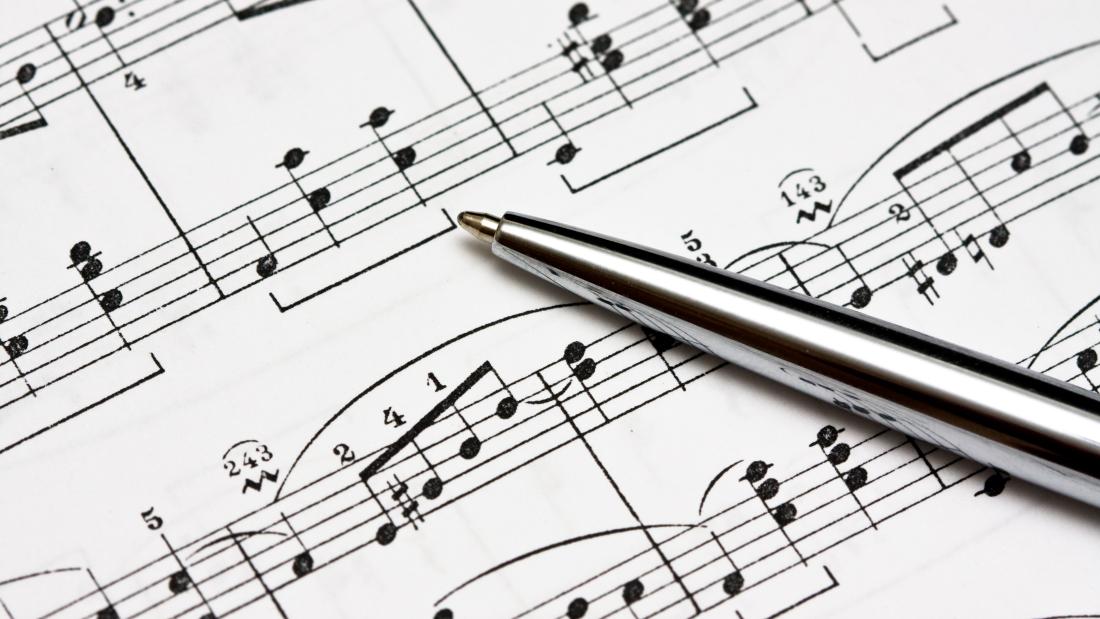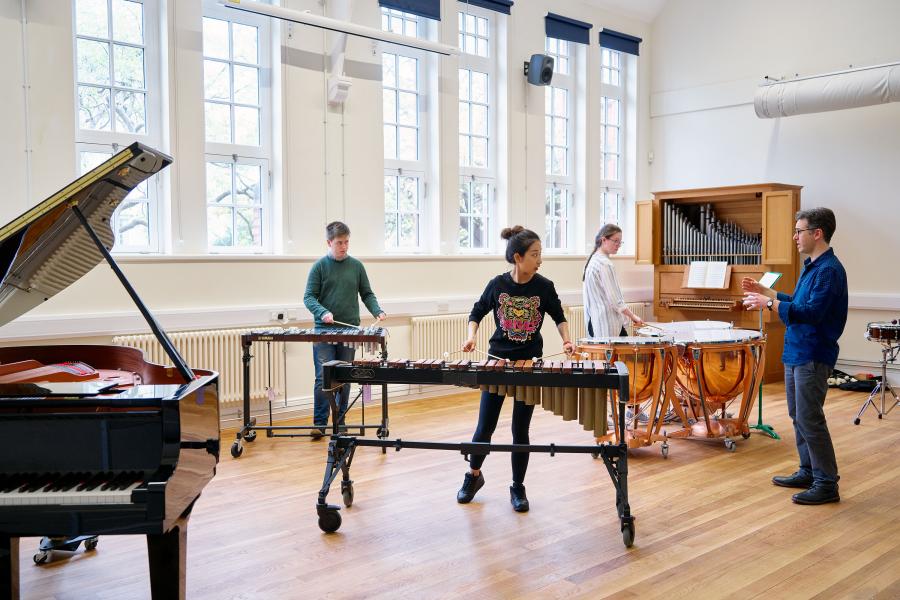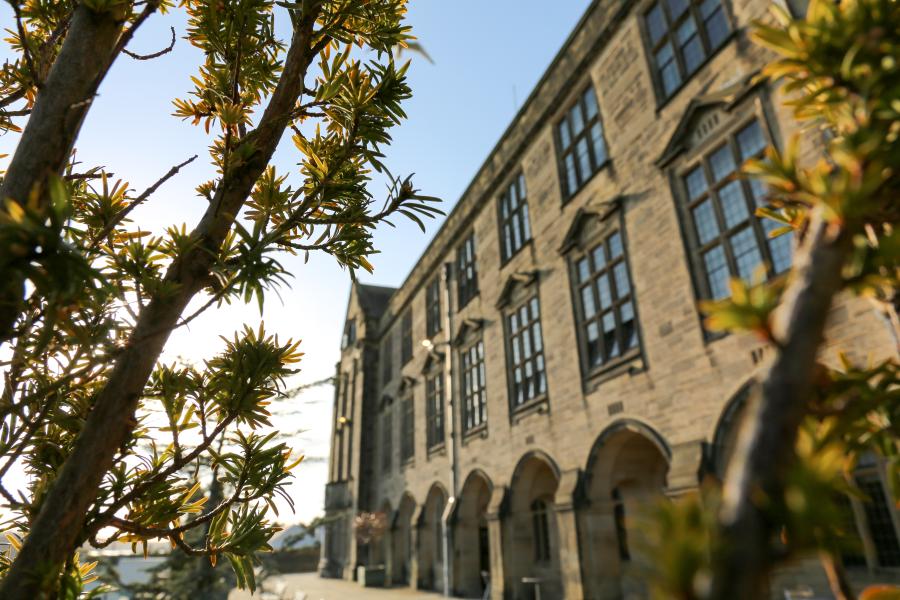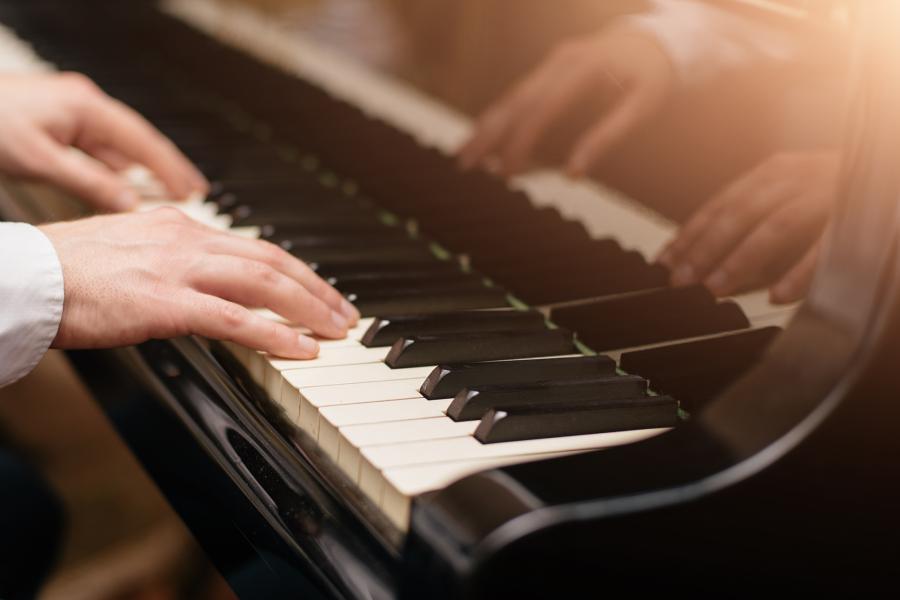Why Study Music ?
At Bangor you will part of a vibrant community of composers, scholars and musicians from all over the world, benefitting from the opportunities to share ideas and creativity across different modes of musical activity. Our facilities are world-class, including five state-of-the-art electroacoustic studios, unique archival and library collections, 24-hour practice facilities, superb instruments, and magnificent concert halls. You will be taught and supervised by world-renowned musicologists, composers and practitioners, and will enjoy intellectual stimulation from visiting speakers and artists. Outside the course, you can join any number of our choirs, orchestras and other ensembles, and you can benefit from the many opportunities open to you as a member of a lively traditional university.
Career Opportunities in Music
A postgraduate research degree is the highest attainable study qualification. During the programme, you will make a significant and original contribution to your subject area and become a leading expert in this field. The learning process, although supervised, is independent, self-motivated and self-directed. Together with your subject-specific expertise, this qualifies graduates for managerial positions, professional research roles, high-level creative occupations, and academic careers.
Our Research in Music
Our research active staff members follow a wide range of research interests in musicology, composition and performance. In the last RAE (2014), almost a third of our research outputs were rated as 'World-leading', and overall 81% of our research activity was assessed as 'World-leading' or 'Internationally Excellent' (i.e. given the top two grades of 3* and 4*).
Our staff conduct research and provide PhD supervision in Musicology, Composition, Performance and Health and Well-Being. Within these broad designations, we have key strengths in:
- Early Music
- 20th and 21st century Music
- Music Editing
- Welsh Music
- Acousmatic and Electroacoustic Composition
- Film Music
- Sonic Arts
- Contemporary Performance
- Interactive Performance with Electronics.
Most staff members are active in more than one field and often engage with research projects with colleagues working in other disciplines.
You may also be interested in these related subject areas.
You may also be interested in these related subject areas.







